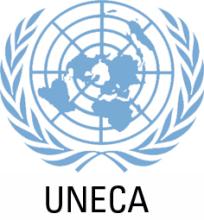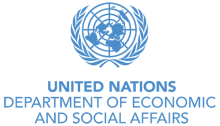Resource information
In Africa, agriculture is the most important sector in national economies. About 80 per cent of the active population works in agriculture. Further, apart from few exceptions, agriculture makes up more than 50 percent of gross national product. Nevertheless, Africa remains the only region in the world in which agricultural production declined between 1970 and 1980, when the growth rate was less than 2 per cent and moreover the gross national product (GNP) per head is one of the lowest in the world. Over the present decade, in spite of efforts by African governments, the situation seems hardly to have improved 1/ and the medium-term prospects are most gloomy. According to the FAO report, inr-1988 locusts continued to plague several African countries, particularly in the Sahelian zone and in several countries of the Maghreb and some experts estimate that the situation is not likely to improve in the next 10 years, given the available control measures and the speed of reproduction of the locust. To this must be added natural calamities, such as floods (the Sudan) or civil wars which is a serious impediment to agricultural production in several countries of the continent.



